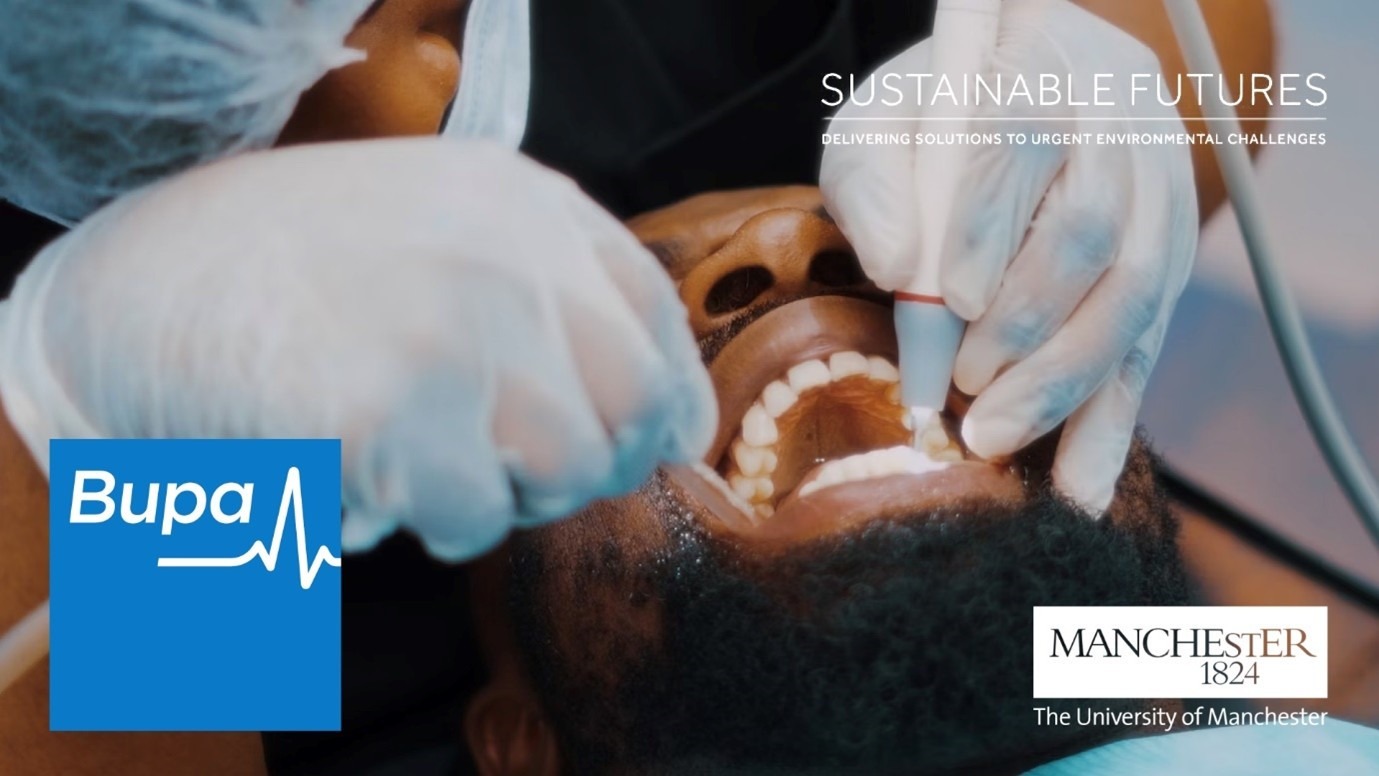Twenty-three new Prosperity Partnerships will tackle key industry challenges in areas from drug manufacturing and artificial intelligence to cybersecurity. The UKRI Engineering and Physical Sciences Research Council (EPSRC) is funding the partnerships with a £41 million investment with a further £56 million from businesses and academia.
The University of Manchester’s project, CHaMP: Circularity in Healthcare Materials Provision, led by director of Sustainable Futures, Professor Michael Shaver, and business partner, Anna Russell from Bupa, aims to reduce the environmental impact and waste generated by the healthcare sector.
Backed by Unit M, CHaMP will address plastic waste and single-use items in health clinics, dental practices and hospitals by exploring safer ways to reuse and recycle consumables while maintaining high clinical standards.
With access to Bupa clinics and people from across the UK, researchers will explore how to integrate new practices and systemic changes without compromising patient care. The project focuses on four main areas:
- Understanding social practices
- Lowering the footprint of sterilisation
- Improving segregation
- Recycling processes, and assessing environmental impacts of comparative fates and materials.
Prof. Michael Shaver who is also Director of the Royce located Sustainable Materials Innovation Hub said:
“This exciting partnership addresses a real challenge in healthcare materials. From reducing the footprint of sterilisation to enabling recycling of single use plastics we are working with Bupa to close loops in dental and medical treatments.”
The project deploys capabilities located on the 6th floor of the Royce Hub Building, which houses equipment under the Royce Chemical Materials Design (CMD) Research Area. This facility supports businesses in enhancing their understanding, usage and sustainability of plastics.
Science Minister, Lord Vallance said:
“These partnerships show the range of real-world challenges the UK’s world-class research base is helping to tackle – from cutting carbon emissions in heavy transport, to improving access to life-saving medicines.
“By backing scientists to work hand-in-hand with industry, we’re combining cutting-edge research with business expertise to turn science into practical solutions that can make a difference in people’s daily lives.”
Find out more:
Full Story – University of Manchester
UK businesses and academia partner up in cutting-edge research – UKRI



